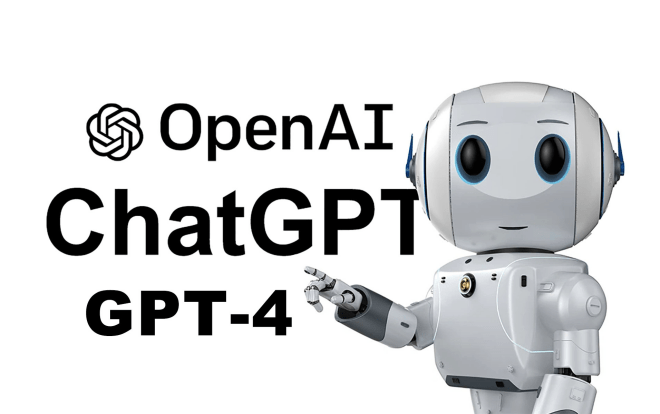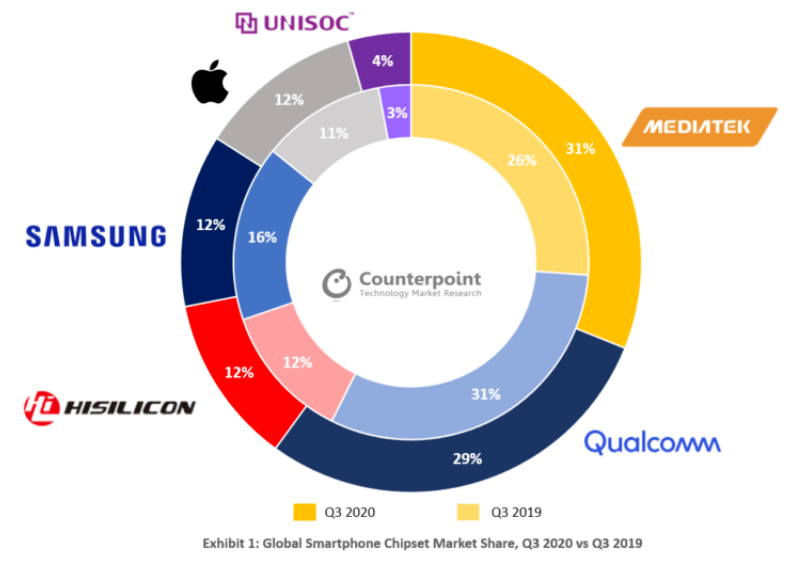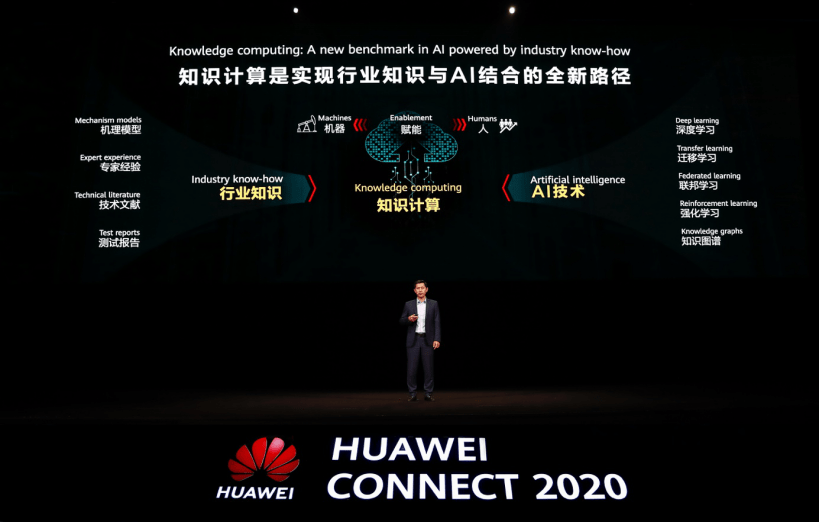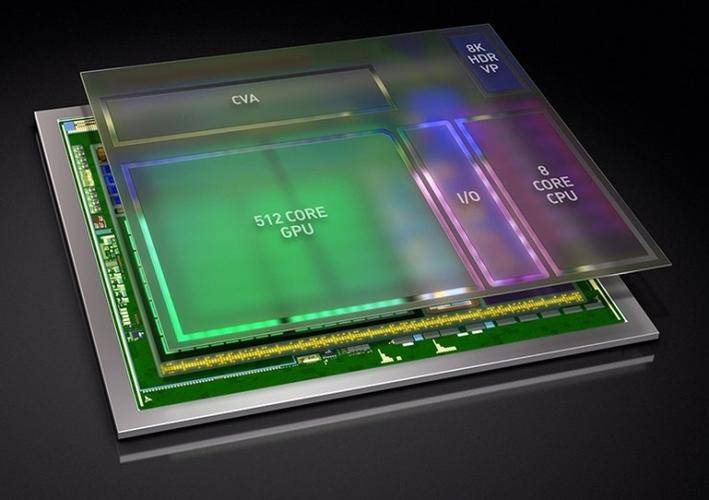Home >Technology peripherals >AI >Apple continues to increase its focus on AI. Does it send a signal to domestic manufacturers?
Apple continues to increase its focus on AI. Does it send a signal to domestic manufacturers?
- PHPzforward
- 2023-10-27 17:37:011233browse
Apple will spend US$5.37 billion within two years to purchase a large number of generative AI servers for the development and application of artificial intelligence technology. Some analysts say that Apple will launch a smarter version of Siri next year, and the application field will also be involved. Apple's move undoubtedly revealed to the outside world that it will continue to increase its investment in the field of AI.

The name of overweighting is development, but in fact it is catching up
As a giant in the technology field, Apple's progress in the AI field should not be so slow in the eyes of the outside world, even if its early achievements are put aside. However, in recent years, Apple has gradually lagged behind other technology giants not only in the field of AI, but also in the field of large models deployed by all mobile phone manufacturers. Siri voice, once regarded as the "favorite" by Steve Jobs, has also been gradually marginalized on the product side.
Nowadays, on the consumer side, it is difficult to hear the voices praising Apple’s AI products. Is it true that Apple can't do AI well after leaving the Steve Jobs era?

Perhaps Apple’s strict user privacy policy can partially explain this. The privacy policy is too cautious, which makes it difficult for developers to retrieve data. In the case of insufficient model data samples, it is extremely difficult for developers to maintain rapid development progress. The self-imposed privacy policy is actually Apple's helpless move.
Between 2011 and 2014, Apple, which experienced two major privacy security issues, was cautious in the design of privacy management. Apple attaches so much importance to privacy and security that its own development team and design team find it difficult to collaborate due to the problem of accessing private data, which also greatly slows down research and development efficiency.
From the perspective of user privacy and security, this can certainly be used as the "golden sign" of Apple's marketing. However, these measures have really affected the pace of AI development. In today's rapidly developing AI field, some user privacy content must be involved in order to establish a complex structure machine learning model with huge parameters, that is, a large model.

So why doesn’t Apple use technical cooperation to make up for the progress? The explanation of this problem involves Apple product marketing and the high payment costs of embedded AI.
Under the leadership of Cook, Apple has undoubtedly achieved the ultimate in marketing and profits for mobile phone manufacturers. In the second quarter of this year alone, Apple accounted for 85% of profits in the smartphone market. Successful marketing methods bring huge profits but also bring new problems, that is, the market can face the fluctuations caused by marketing changes, and once technological changes occur, no matter how successful the marketing strategy is, it will not be able to overcome technical shortcomings. Gain an advantage in the field.
Referring to the estimated cost of GPT-4, the computing power cost per thousand words has reached 12 cents, which has exceeded the cost limit that personal devices can bear.

It is unrealistic for Apple to simply use marketing to offset the loss of profits caused by technological shortcomings. Before seeing the commercial profit model of embedded AI, slowing down the progress may be one way. However, what Apple has to bear will be the technical barriers and time costs caused by backward research and development.
So Apple is now willing to invest a huge amount of financial resources and hopes to get a ticket to the AI field before the arrival of the next era. From this point, it is not difficult to think of the early deployment of domestic manufacturers in the field of large AI models. Will this be a new way for domestic manufacturers to break the situation?
Domestic layout aims at high-end, "rolling up" the AI arms race
The technical limitations and supply chain tightening that domestic mobile phones have suffered in recent years have made mobile phone manufacturers feel the crisis and have also begun to make early plans in the AI field. As the future of smart mobile devices, mobile phone manufacturers undoubtedly hope to get on board before another technological revolution.
Such pressure comes not only from technical barriers, but also from internal competition. After several years of competition in smart devices, dozens of mobile phone manufacturers have failed in this arms race. The remaining domestic manufacturers have also begun a real "stock game."

In a period when mobile phone homogeneity is becoming more and more serious, manufacturers urgently need a major innovation in mobile phone technology to truly get out of the quagmire of armaments.
Looking at Apple's efforts in the field of AI at this time, it is undoubtedly sending a signal to the outside world. Large models can really become a breakthrough direction for manufacturers.
At the Huawei Developer Conference held in July, Huawei officially released Pangu Model 3.0 and is trying to integrate it into the Hongmeng system so that it can work with Xiaoyi smart assistant to realize the technical application of mobile phone AI. Not only Huawei, Honor also proposed at the World Communications Conference in Shanghai in June that it would introduce large models into smart terminal systems. Xiaomi is taking the lightweight route and choosing to make large models lightweight to achieve local processing. And as early as 2016, Xiaomi had established an AI laboratory to empower AI in the IoT field of robots.

Such a highly competitive industry situation has brought about a shortage of AI chips, especially high-performance chips designed in the field of artificial intelligence computing. In terms of chip ordering, domestic manufacturers often move months or even a year in advance.
The total number of domestic NVIDIA chip orders has reached US$1 billion, and the order value next year is expected to exceed US$4 billion. The technological popularity in the field of large models continues to rise, which is not only an opportunity and motivation for domestic technology companies, but also a challenge surrounded by the chip crisis.
If investment in large AI models is the first round of entering the game alone, then the second round of real big waves is the rush to buy and develop AI chips. The electronics industry will also have broader prospects with the empowerment of AI. In the "arms race", only companies that invest and pay can see real opportunities.

Objectively speaking, China’s starting point in the AI field is slightly behind now. The software level is dominated by Microsoft, Google and meta, while the hardware level is dominated by Nvidia. However, with the increasing emphasis on the field of artificial intelligence in China, mobile phone manufacturers' early entry into the big model has also become a major driving force for the development of the domestic AI field.
In addition to the computing power market, China has also begun to focus on development and research in the field of chips, actively guiding large-model R&D companies to use domestic artificial intelligence chips to increase the nationalization rate of artificial intelligence computing power. I believe that in the near future, China will truly occupy a place in the field of AI.
The above is the detailed content of Apple continues to increase its focus on AI. Does it send a signal to domestic manufacturers?. For more information, please follow other related articles on the PHP Chinese website!

